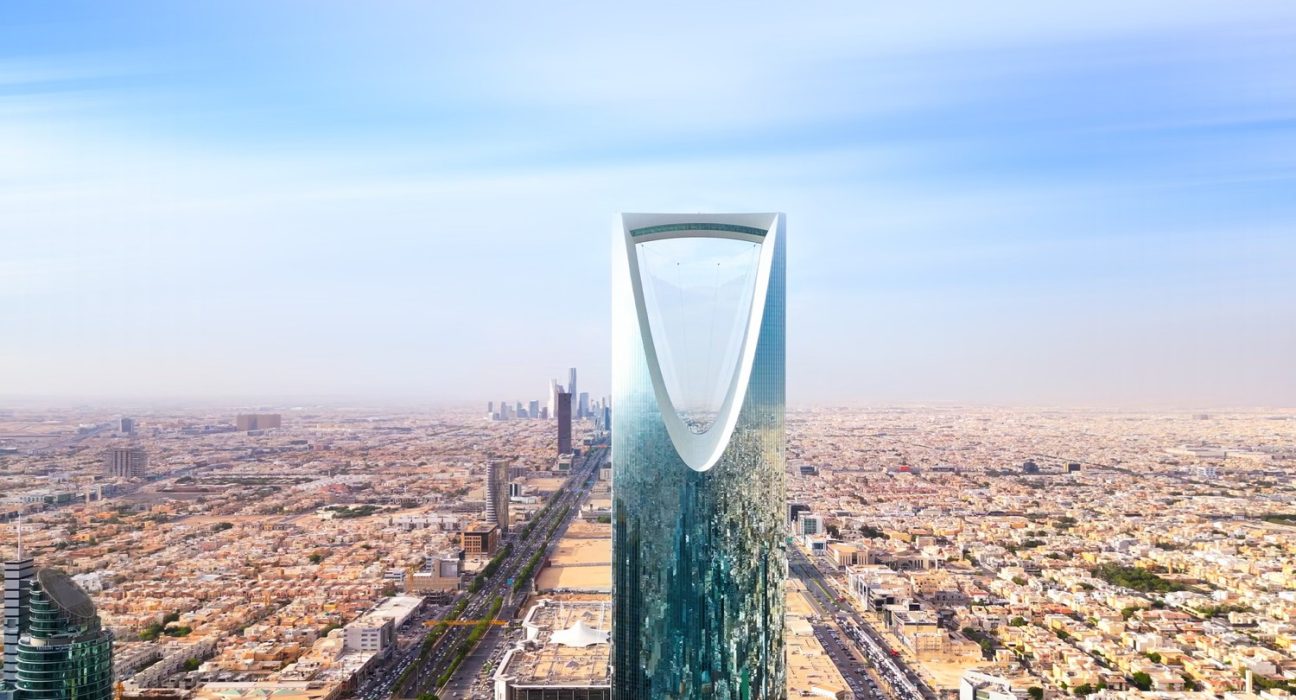In a remarkable shift from seasonal norms, the city of Riyadh witnessed an unprecedented calm throughout the month of July 2025, recording no single dust storm event, according to verified data from the Dust Storm Center. This development marks a significant deviation from the city’s historical weather pattern, where dust-laden winds are typically a recurrent feature during the peak of summer.
Experts attribute this atmospheric stability to a combination of meteorological factors, including unusual pressure systems and a rare alignment of wind currents that prevented the typical Saharan and Arabian dust from sweeping across the capital. Riyadh, which sits at the edge of the Rub’ al Khali desert, is no stranger to sandstorms, with past Julys often plagued by reduced visibility, respiratory health warnings, and disruptions to daily life. In July 2024, for instance, the city recorded no fewer than seven moderate to severe dust events, forcing several flight delays and triggering environmental alerts.
Meteorologists monitoring regional weather trends have pointed out that this sudden lull in dust activity might be linked to wider climatic shifts influenced by the El Niño phenomenon, which continues to alter wind patterns and moisture levels across the Arabian Peninsula. Satellite imagery from late June through July further confirmed the absence of major dust plumes, with clear skies prevailing across most of central Saudi Arabia.
For residents of Riyadh, this development offered a breath of fresh air—literally. Typically, summer dust storms in the capital can send particulate matter levels soaring, often exceeding World Health Organization safety thresholds. The reprieve in July not only improved air quality but also reduced strain on public health infrastructure and minimized wear and tear on machinery and buildings commonly exposed to abrasive sand particles.
Environmental analysts say while this dust-free month is worth noting, it may not signal a permanent change. “We are observing a pattern, not a trend,” said a senior climatologist at the King Abdulaziz City for Science and Technology (KACST). “Climate variability can produce anomalies like this. Whether it’s a one-off event or part of a longer-term shift will require sustained observation over several seasons.”
Still, the data has prompted renewed interest in climate monitoring, and regional governments may look to capitalize on this respite by enhancing early warning systems and sustainable urban planning practices that reduce the impact of future dust events. As for July 2025, Riyadh can lay claim to an extraordinary record, thirty-one days of clear skies and still air, in a month historically defined by swirling sand.
